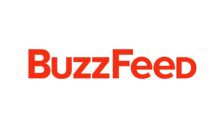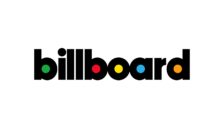Snap Inc., the parent company for Snapchat, has filed for an IPO:
Snap today filed its S-1 paperwork with the Securities and Exchange Commission (SEC), triggering the process to go public. The company aims to raise $3 billion in the initial public offering (IPO) and will subsequently trade on the New York Stock Exchange under the symbol SNAP.
The filing also discloses that Snapchat paid $158 million to their ousted co-founder Reggie Brown:
As part of the settlement, Snap said it agreed to pay Brown a total of $157.5 million in cash, $50 million of which was paid in 2014 and $107.5 million of which was paid in 2016. The settlement ended up being much less than the $500 million Brown originally asked for.
Snapchat has been arguably the most interesting new startup in years, now the question is: will it be the next Facebook and dominate or the next Twitter and struggle to find its footing?













